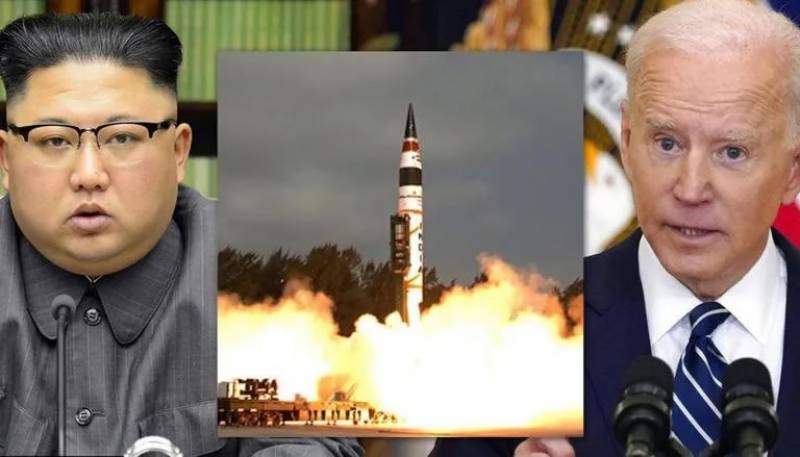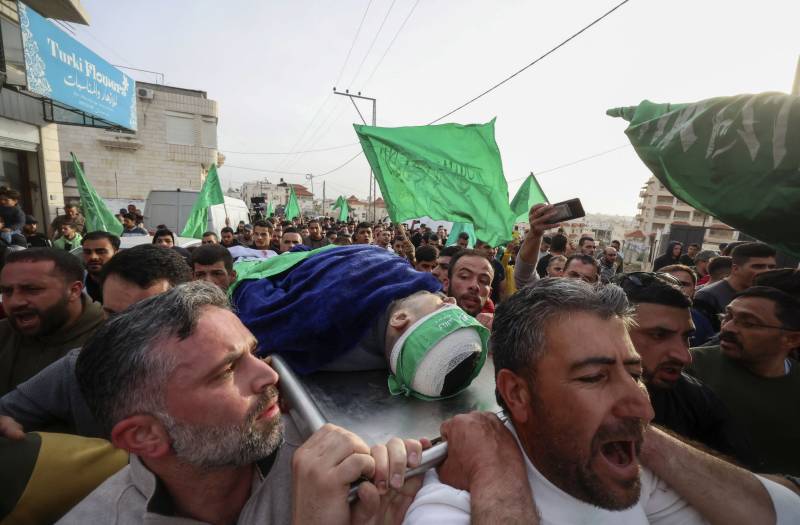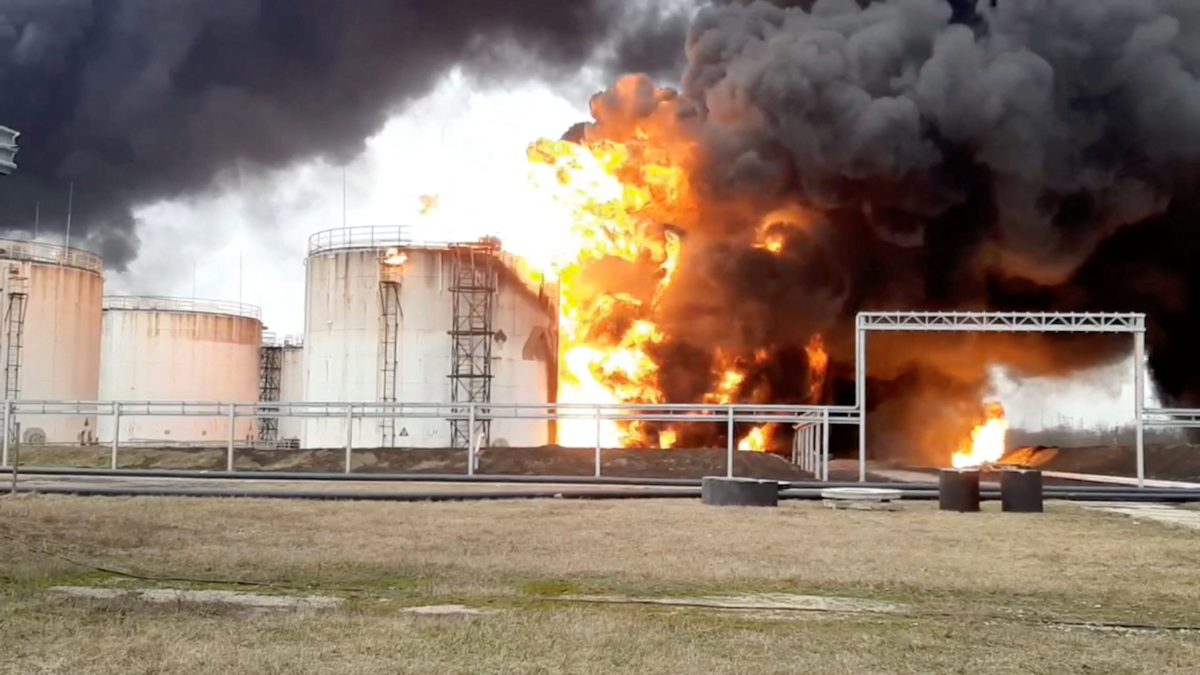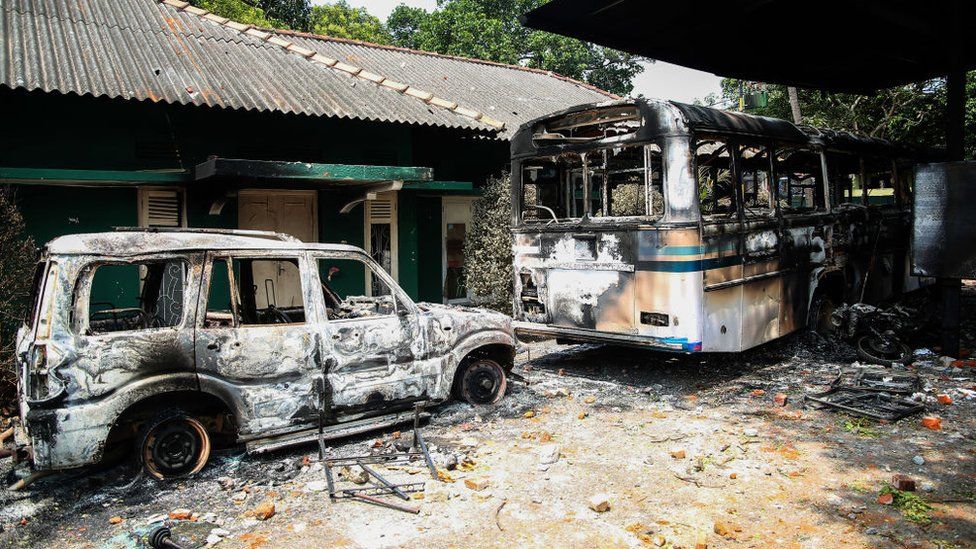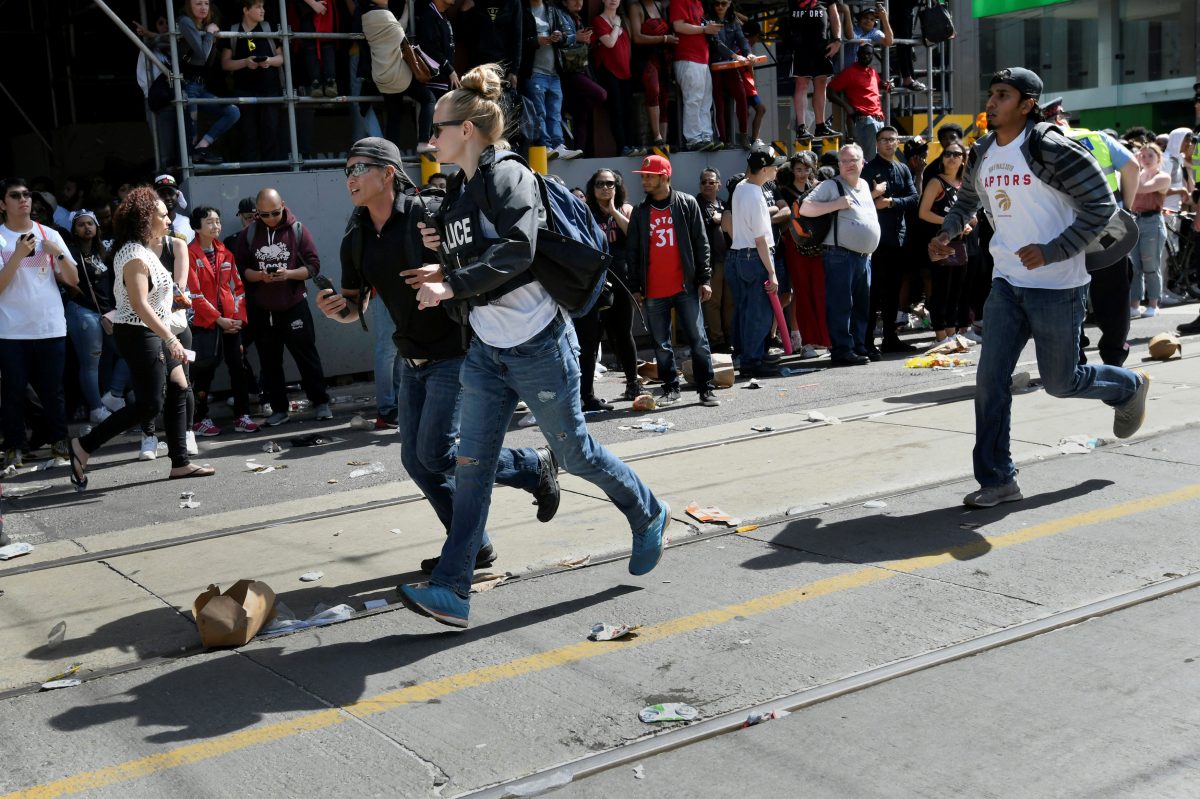ISLAMABAD: Chief of Army Staff General Qamar Javed Bajwa Saturday reiterated that Pakistan wants to strengthen its ties with the US; however, not at the risk of its bilateral relations with other countries.
Addressing the Islamabad Security Dialogue, the army chief said that Pakistan does not believe in camp politics and its bilateral relationships with the partners are not at the expense of relationships with other countries.
He further said that Islamabad enjoys a close relationship with Beijing demonstrated by the country’s commitment to China-Pakistan Economic Corridor (CPEC).
Meanwhile, he added that Pakistan equally shares a “long history of excellent and strategic relationship” with the United States, which remains our largest export market.
“We seek to broaden and expand our ties with both countries without impacting our relations with the other,” he said.
It is worth mentioning that the two-day dialogue brought together Pakistani and international policy experts to discuss emerging challenges in international security under the theme “Comprehensive Security: Reimagining International Cooperation”.
The Islamabad Security Dialogue is hosting 17 international speakers from the United States, China, the United Kingdom, Russia, European Union, Japan, the Philippines and others.
Acknowledging the efforts of the National Security Division for organising the second security dialogue, COAS Gen Bajwa said: “I believe today more than ever we need to inculcate and promote such spaces for intellectual debate and discourse where people from around the world come together to share their ideas about the future of their country and world at large.”
He was of the view that the spaces like this hold special importance where great individuals can identify the need for global cooperation rather than confrontation.
Regarding the unprecedented challenges faced around the world, he said that the resurgence of inter-state conflicts amid shared global challenges of poverty, climate change, terrorism, cyber intrusion and scarcity of resources poses profound questions for the international system.
“The international community’s collective security rests in our ability to integrate our shared goals of global prosperity to an equitable international system resisting the external pressures.
“Pakistan, as a country located at the crossroads of economic and strategic confronts, is navigating these shared challenges in our immediate region and through our partnership in the international community,” he said.
National Security Policy
The chief of army staff further added that Pakistan’s first-ever National Security Policy places the safety, security, dignity and prosperity of its citizens at the heart of our security policy.
“It [National Security Policy] recognises the symbiotic relationship between the economic, human and traditional security, placing economic security at the core,” he said.
Gen Bajwa further went on to say that the policy’s ultimate aim is to achieve prosperity for Pakistan’s citizens and it focuses on ensuring domestic economic stability and growth augmented through development partnership with the international community under our geo-economic strategy.
COAS mentioned that in order to achieve this required peace at home and abroad, Pakistan’s security forces given innumerable sacrifices to defeat terrorism. He highlighted that since 2001 Pakistan has suffered over 90,000 causalities and more than Rs150 billion in economic losses.
“Our commitment to defeat terrorism remains unwavering,” he reiterated, adding that with the help of security and law enforcement agencies, the country has made remarkable gains against terrorism which has resulted in a remarkable improvement in the internal security situation of the country.
COAS Gen Bajwa, however, added that the threat of terrorism and violent extremism remains and the struggle will continue till “we eliminate the last terrorist and cause of terrorism from our region.”
He said: “We are committed to preserving our gains against terrorism and are working with the interim Afghan government and other neighbours to ensure that terrorist organisations are no longer allowed to use the territory of one county against another.”
“A peaceful and prosperous west and South Asia is our goal,” he said, adding that Pakistan’s National Security Policy focuses on the promotion of national security cohesion and harmony through the precepts of unity and diversity.
“Our focus remains on the elimination of intolerance and extremism by celebrating the diversity of our country. I fully realise that it is a huge challenge but we are committed and we will not relent till we make Pakistan a moderate and forward-looking country as envisioned by our founding father Quaid-e-Azam Mohammad Ali Jinnah,” he said.
Recognising the fact that it is the regions and not countries that grow, the COAS said: “We believe that peace and stability in our wider region are pre-requisites for achieving shared regional prosperity and development.”
“In this regard, our doors are open for all our neighbours,” he said.
Crisis in Afghanistan
“Decades-long conflict in our immediate west has created negative externalities and spill-over effects that have adversely impacted our economy, society and security,” he said, adding that this is why Pakistan wants to work closely with the international community to pursue peace and stability in Afghanistan.
Shedding light on the challenges, COAS Gen Bajwa said: “Unfortunately, lack of financial flows and continued sanctions are creating a humanitarian crisis in Afghanistan.”
He mentioned that Pakistan has worked tirelessly to provide humanitarian aid to the people of Afghanistan in collaboration with the international community “but much more is needed.”
“It is our collective responsibility towards the people of Afghanistan to ensure timely and adequate flow of humanitarian aid into the country; however, the world, especially the west is preoccupied with the humanitarian crisis unfolding in Ukraine,” he stated, reiterating that we must not forget the 40 million Afghans during these times.
“Inability to address the humanitarian crisis in Afghanistan will not only lead to the refugee crisis but will again make Afghanistan an epicentre of terrorism where Daesh — which is a global agenda — flourishes which may result in more than one 9/11,” he said.
“Good or bad, it is important for the international community to keep the Afghan government’s nose above the water.”
Mentioning the performance of the interim Afghan government, he said: “The performance of the present Afghan government is not satisfactory, to say the least, but we have to be patient and accommodative.”
“Instead of imposing sanctions, which have never worked, we must incentivise Afghans for their positive work and behavioural change,” he said, reiterating that disengagement with Afghanistan is “not an option.”
“We urge the international community to share their concerns directly with the Afghan interim government and continue their engagement to ensure uninterrupted flow of humanitarian assistance to the people of Afghanistan,” he emphasised.
He highlighted that Pakistan already hosts over four million registered and unregistered Afghan refugees.
Peace in South Asia
Terming the situation on the Eastern border and the Line of Control (LOC) as “satisfactory and fairly peaceful”, he said that mercifully, no incident has taken place along the LoC in the last year which has brought relief to the people living on both sides.
He, however, mentioned that the incident of the launching of a missile in Pakistan from India on March 9, 2022, is a matter of “serious concern” for Islamabad.
Unlike other incidents involving strategic weapons, this is the first time in history that a supersonic cruise missile from one nuclear-armed nation has landed in another; “this raises serious concerns about India’s ability to manage and operate high-end weapon systems.”
“India’s indifferent attitude in not informing Pakistan immediately about an irrelevant launch of a missile is equally concerning,” he said, hoping that the international community will realise that this incident could have resulted in the loss of lives in Pakistan or an accidental shooting down of a passenger plane that was flying along the path of the cruise missile.
He reiterated that Pakistan has called for a thorough probe into the incident and “we expect India to provide evidence to ensure Pakistan and the world that their weapons are safe and secure.”
“On our part, like early 2019, when Pakistan demonstrated its role as a responsible member of the international community by returning the captured pilot of an intruding fighter aircraft we have once again demonstrated maturity and responsibility in our response,” he said.
Reiterating the country’s stance, he said: “Pakistan continues to believe in using dialogue and diplomacy to resolve all outstanding issues including the Kashmir dispute and is ready to move forward in this front if India agrees to do so with one-third of the world in the Gulf region involved in some sort of conflict and war it is important that we keep the flames of fire away from our region.”
In this regard, he added that apart from the Kashmir dispute, the Indo-China border dispute is also a matter of great concern for Pakistan and “we want it to be settled quickly through dialogue and diplomacy.”
“I believe it is time for the political leadership of the region to rise above their emotional and perceptional biases and break the shackles of history to bring peace and prosperity to almost three billion people of the region,” he said, highlighting the adamant behaviour of the Indian leaders.
‘Pakistan doesn’t believe in camp politics’
“Pakistan does not believe in camp politics and our bilateral relationships with our partners are not at the expense of our relationship with other countries,” he said.
Regarding the Pakistan-China relationship, he said that Islamabad enjoys a close relationship with Beijing demonstrated by the country’s commitment to China-Pakistan Economic Corridor (CPEC).
Meanwhile, he said adding that Pakistan equally shares a “long history of excellent and strategic relationship” with the United States, which remains our largest export market.
“We seek to broaden and expand our ties with both countries without impacting our relations with the other,” he said.
COAS for ceasefire between Russia and Ukraine
Expressing his views on the Ukrainian crisis, Gen Bajwa Pakistan is deeply concerned about the conflict in Ukraine as both countries enjoy excellent defence and economic relations since their independence.
“While with Russia, Pakistan had cold relations for a long time due to numerous reasons; however, recently there have been some positive developments in this regard,” he said.
“Sadly, the Russian invasion is very unfortunate as thousands of people have been killed, millions made refugees and half of Ukraine destroyed,” he said, stressing the need to address the issue “immediately”.
“Pakistan has consistently called for an immediate ceasefire […] we support immediate dialogue between all sides to find a lasting solution to the conflict,” he said, highlighting the humanitarian assistance sent to Ukraine from Pakistan.
“The continuation or expansion of the conflict in Ukraine will not serve the interest on any side least of all the developing countries which will continue to face the social-economic cost of the conflict — a conflict that can easily get out of hand,” the COAS said.
The army chief said he believes that the world today at this civilisational and scientific pinnacle is built by those who visualised and believed in cooperation, respect and equality instead of divisions, warmongering and dominance.
“Pakistan today has a unique position where it has very cordial historic relation with both the camps,” he said.
“The conflict gave hope to smaller countries that they could still defend their territory with smaller but agile forces against aggression by a bigger country by carrying out selective modernisation of equipment,” he concluded.





